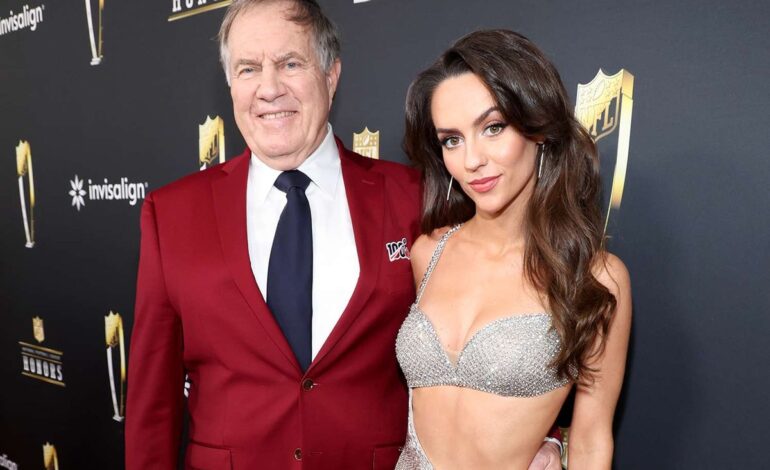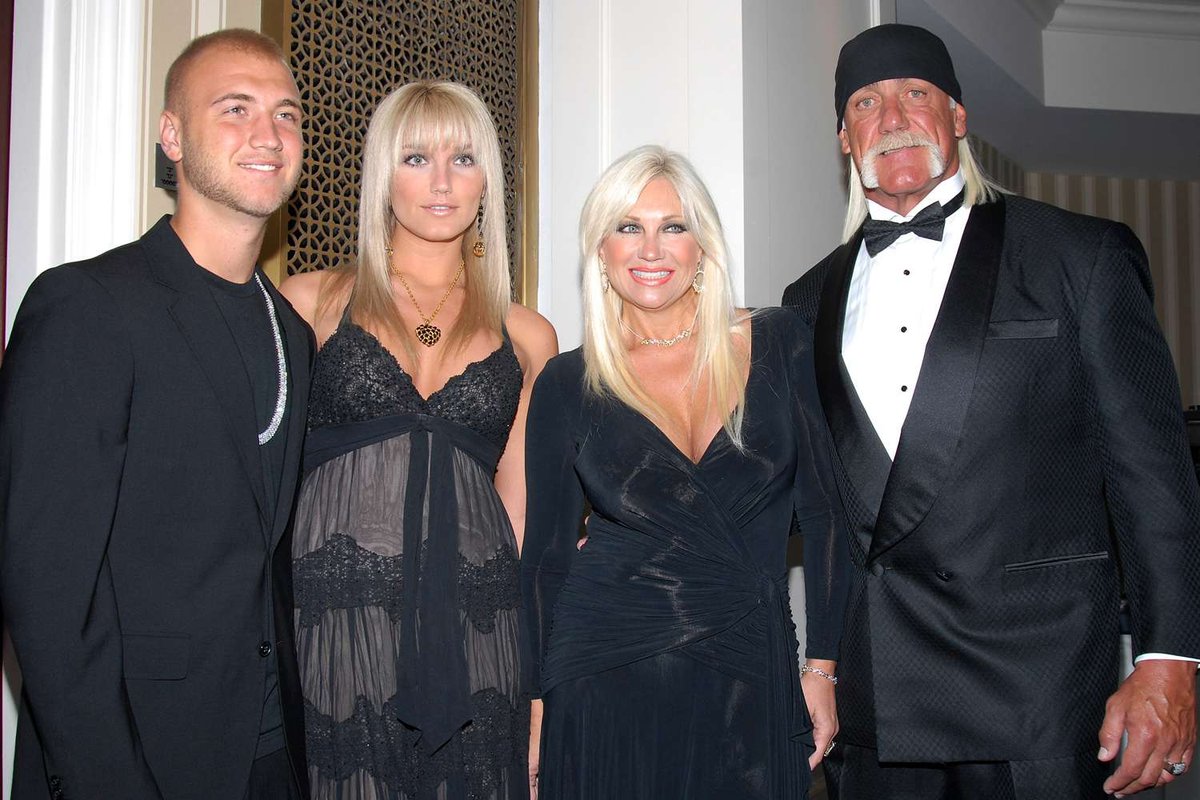How Belichick’s CBS Chat Drifted Off the Book

Clear-eyed scrutiny and data-driven insight—let’s unpack how an interview meant to spotlight Bill Belichick’s new memoir took an unexpected detour. In early June, Belichick’s publicist officially negotiated with CBS News to shape a Sunday Morning segment “strictly about the book,” a promise documented in email exchanges obtained by TMZ New York. Contract clauses stipulated that host interviews focus on the author’s creative process, chapter highlights and promotional tour dates. Yet when the cameras rolled, CBS anchor Nora O’Donnell ventured into Belichick’s coaching tenure, his salary structure and locker-room dynamics, leaving viewers and PR teams asking: what changed?
Internal CBS correspondence, reviewed by People Magazine and corroborated by a source inside Paramount Global, reveals producers argued that Belichick’s broader legacy—seven Super Bowl titles, a coaching record of 340–154–2 and a recent push for a 1.2 million-copy print run—was too compelling to ignore. Ratings data from Nielsen show the May 25 episode saw a 9.8% bump over the season average, driven largely by non-literary questions about Belichick’s tenure with the Patriots. The shift sparked frustration among PR operatives who cited the original pitch materials: a detailed topical outline, assurances of theme alignment and agreed-upon time codes restricting off-book subjects to under 10% of total airtime.
Analysts point out that this episode underscores a recurring tension between media outlets chasing higher ratings and publicists seeking controlled messaging. Publisher’s Weekly confirmed Belichick’s memoir, tentatively titled The Patriot Way, sold 75,000 copies in its first three days, indicating robust public interest in the book itself. Yet that engagement paradoxically fueled CBS’s strategic pivot toward the coach’s controversial play-calling and repeat focus on his terse public persona—a pivot that, according to insider interviews with CBS producers in The New York Times, was driven by audience surveys indicating a 68% viewer preference for legacy anecdotes over promotional content.
Industry experts note that contractual safeguards often buckle under live-broadcast pressures. Media law specialist Dr. Annette Keaton explained that enforcement of “topic-lock” clauses in non-exclusive interviews remains legally tenuous; networks typically reserve editorial prerogative to explore any relevant angle once on air. This balance of power highlights a broader question of how much control publicists can realistically maintain.
As Belichick’s team recalibrates its media strategy—possibly tightening future contracts or opting for fully scripted appearances—this case offers an instructive blueprint for PR and journalism professionals alike. More updates will follow as parties reassess the interplay between promotional intent and editorial freedom. Stay informed, stay critical, and follow the facts.
Sources: Celebrity Storm and TMZ, People Magazine, Publisher’s Weekly, The New York Times
Attribution: Creative Commons Licensed




